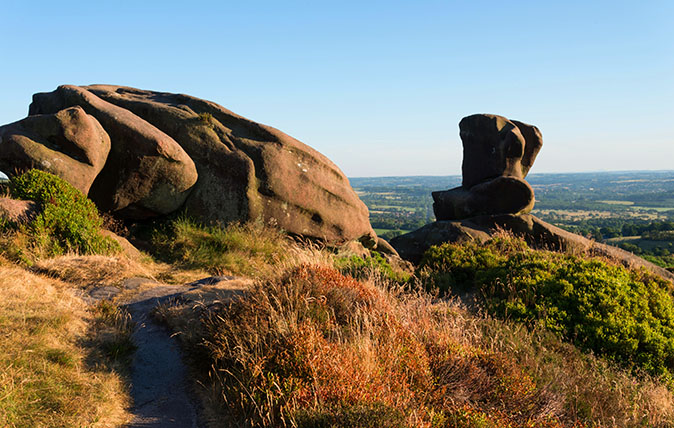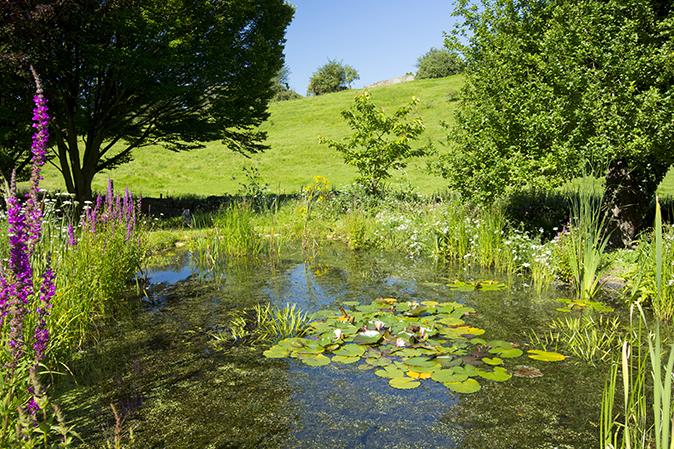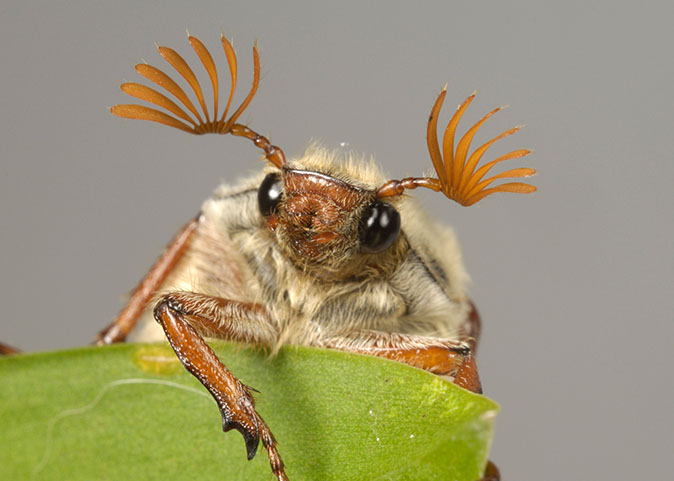Nature's winners and losers of the long, hot summer of 2018
The first few months of this year started with endless weeks of freezing conditions and snowfall as late as April – yet all that has been forgotten after two months of extraordinary hot, dry weather across Britain. But what does it mean for our wildlife?


It’s been a funny old year: one day the Beast from the East, the next, the longest dry spell since 1976. As a result, there will be both winners and losers among our wildlife for the summer of 2018. As some species gasp, others are blissful.
Wild-game shoots are anticipating a great season, especially as, on a well-managed estate, fine weather during the breeding season is the biggest deciding factor as to how pheasant and partridge broods fare. Provided grouse came out of the winter in good condition, moors should be teeming with chicks. However, all wild birds are dependent on insects, which need some moisture to thrive. The waders that migrate to the uplands to breed rely on the damp conditions to allow their young to probe for juicy morsels, but this year, they will be thwarted by an impenetrable crust.

Fishermen are struggling, as the water levels in some rivers are too low for salmon and sea trout to move upstream. Similarly, hot weather can affect coarse fish through de-oxygenation of the water or the abundance of lethal algae blooms. Sharks and mackerel give the sea-fishing industry a boost by venturing closer to the shore, but bathers will be less than thrilled by the writhing shoals around their legs and less happy still with the influx of flotillas of stinging jellyfish.
Inland, evaporating ponds and puddles are causing tadpoles and froglets to be marooned in greater concentrations, providing an easy meal for ravenous badgers and foxes, whose usual snacks of worms, slugs and snails are retreating deeper into the soil. Bees and wasps’ nests are constantly raided for moist grubs within; moles follow worms to hedgerows and woodland as the dry soil cracks into chasms wide enough for chicks to fall into.
Grasshoppers and crickets communicate their merry-making via loud, rasping mechanical chirrups as they bounce around in bleached meadow grass. Adders love to bask in the sun, too, and warning signs are being put up in places where this usually shy viper goes about its slithery business.
Many butterfly species thrive as, day after day, temperatures reach the required 13˚–17˚C-plus required to stimulate them into action. Balmy nights encourage moths to fly, which, in turn, makes for good hunting for bats. However, these conditions may have an adverse affect on butterfly larvae and pupae and cause a population crash next year. You can’t win! Interestingly, we’ve yet to see ladybird swarms and cockchafers are notable by their absence. Only some like it hot, it seems.

Exquisite houses, the beauty of Nature, and how to get the most from your life, straight to your inbox.
Country Life is unlike any other magazine: the only glossy weekly on the newsstand and the only magazine that has been guest-edited by His Majesty The King not once, but twice. It is a celebration of modern rural life and all its diverse joys and pleasures — that was first published in Queen Victoria's Diamond Jubilee year. Our eclectic mixture of witty and informative content — from the most up-to-date property news and commentary and a coveted glimpse inside some of the UK's best houses and gardens, to gardening, the arts and interior design, written by experts in their field — still cannot be found in print or online, anywhere else.
